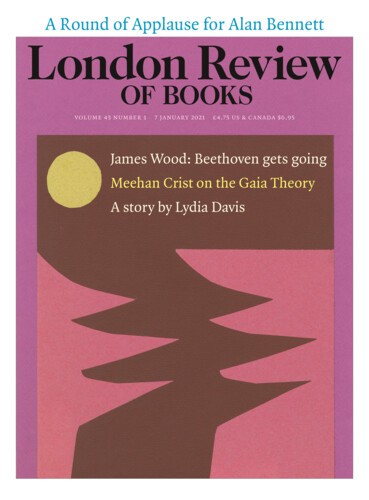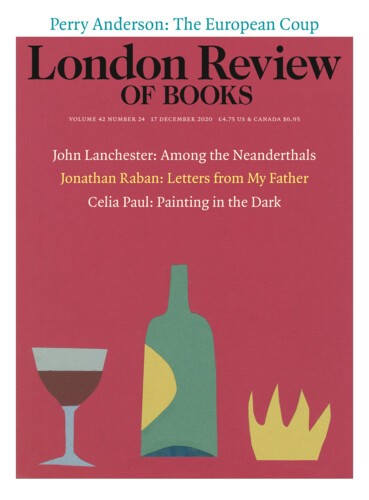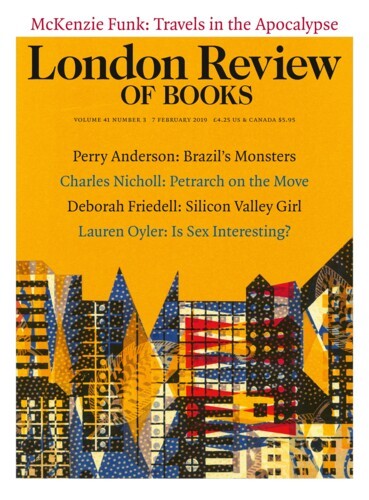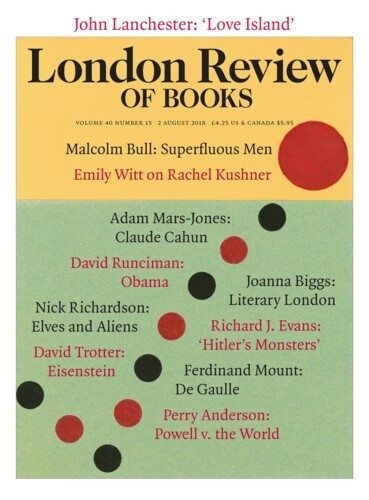Ever Closer Union?
Perry Anderson, 7 January 2021
Can democracy, sovereignty and globalisation be happily combined? Regrettably, an EU-wide democracy does not exist, and the reforms adopted since the crisis of 2008 – banking union, stricter fiscal oversight – have made the Union more technocratic, less accountable and more distant from European electorates. What American examples show is that European elites must make a choice, opting either for political union at the cost of national sovereignty, or for national sovereignty at the cost of political union. Intermediate solutions – a little democracy at national level, a little more at EU level – won’t work.




